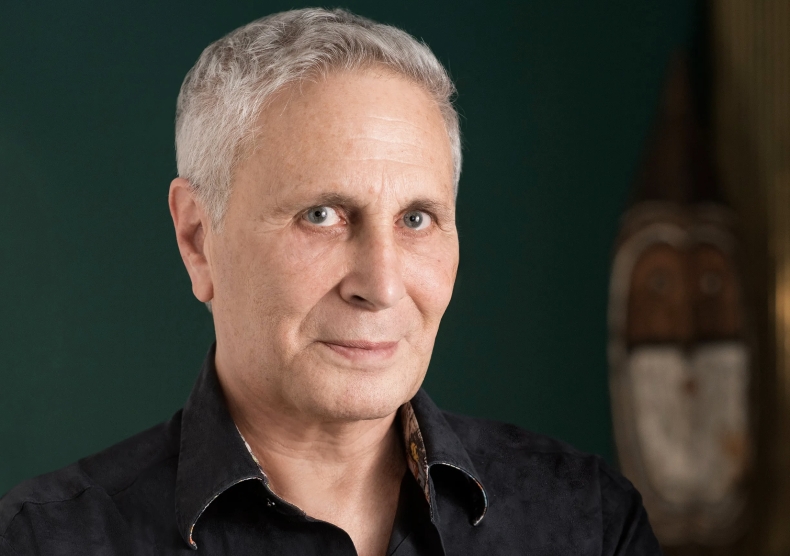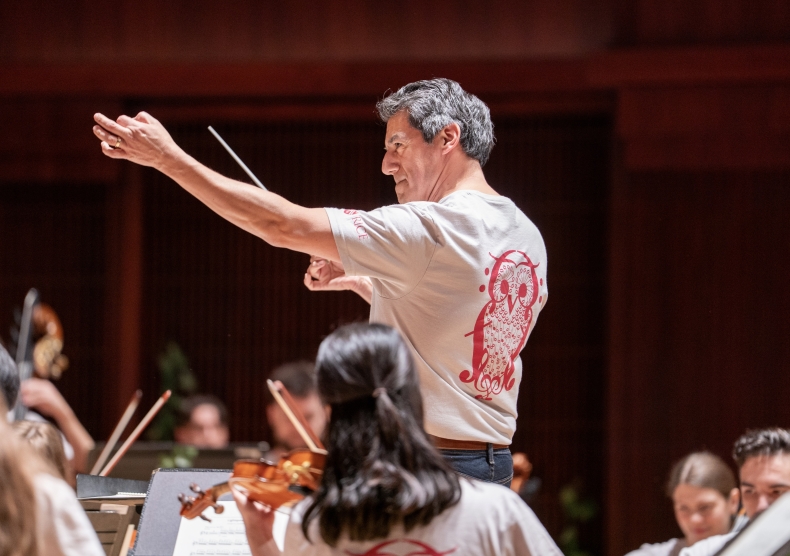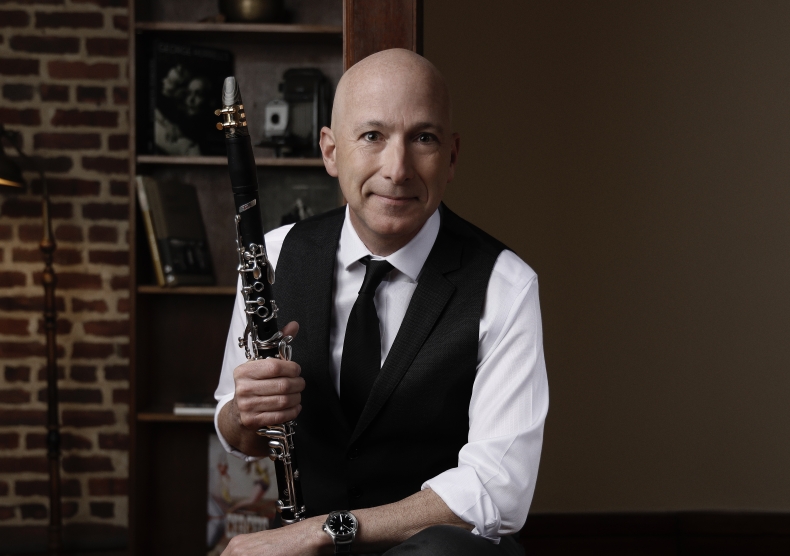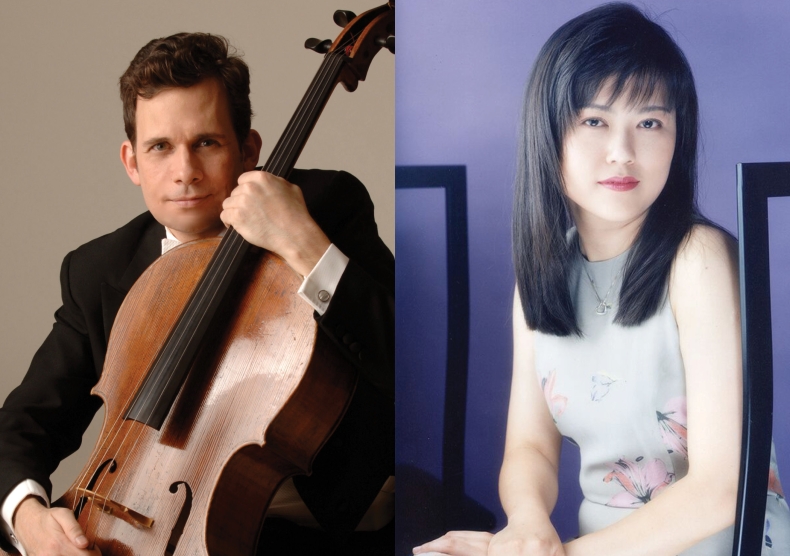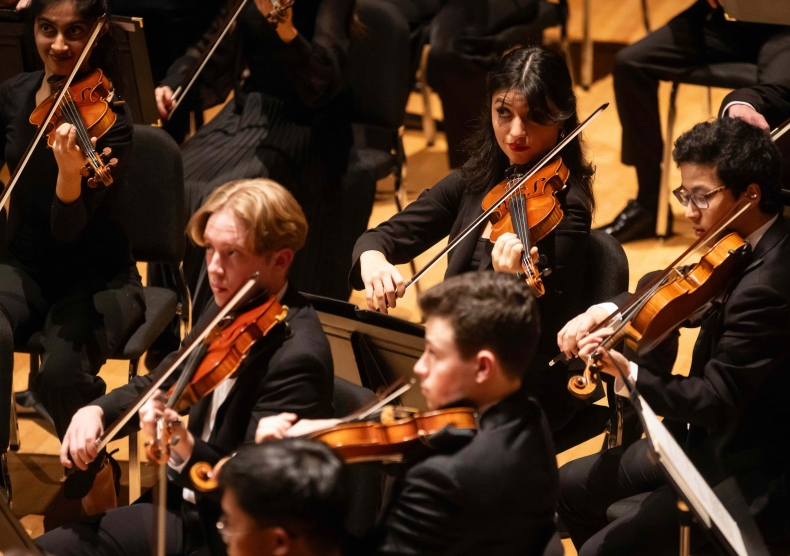Composer John Corigliano leads a master class with students of the Shepherd School. Corigliano's scores, now numbering over one hundred, have won the Pulitzer Prize, the Grawemeyer Award, five Grammy Awards, an Academy Award, and have been performed and recorded by many of the most prominent orchestras, soloists, and chamber musicians in the world.
Free, general admission
Repertoire
Corigliano: Sonata for Violin and Piano
Jasper Sewell, violin
Geoff Hill, piano
Corigliano: Phantasmagoria for Cello and Piano
Ben Rodriguez, cello
Jake Berran, piano
Artists
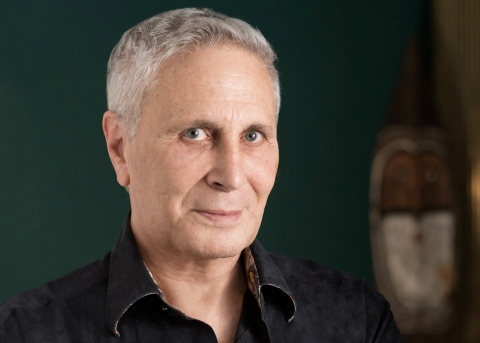
John Corigliano continues to add to one of the richest, most unusual, and most widely celebrated bodies of work any composer has created over the last forty years. Corigliano's scores, now numbering over one hundred, have won the Pulitzer Prize, the Grawemeyer Award, five Grammy Awards, an Academy Award, and have been performed and recorded by many of the most prominent orchestras, soloists, and chamber musicians in the world. Attentive listening to this music reveals an unconfined imagination, one which has taken traditional notions like "symphony" or "concerto" and redefined them in a uniquely transparent idiom forged as much from the post-war European avant-garde as from his American forebears.
Perhaps one of the most important symphonists of his era, Corigliano has to date written three symphonies, each a landscape unto itself. Scored simultaneously for wind orchestra and a multitude of wind ensembles, Corigliano's ambitious, extravagant, and grandly barbarous Symphony No. 3: Circus Maximus (2004) was commissioned by the University of Texas at Austin Wind Ensemble, who gave its New York premiere in 2005 at Carnegie Hall and presented it on their 2008 tour in Europe. Circus Maximus has since been performed by over 60 different ensembles throughout North and South America, Europe, Asia and Australia. Naxos released a stereo recording of Circus Maximus in 2009, and chose the work as the debut recording in its Blu-Ray format in 2010. Symphony No. 2 (2001), a rethinking and expansion of the surreal and virtuosic String Quartet (1995), was introduced by the Boston Symphony Orchestra in 2000 and earned him the 2001 Pulitzer Prize in Music. Symphony No. 1 (1991), commissioned by Meet the Composer for the Chicago Symphony Orchestra when he was composer-in-residence, channeled Corigliano's personal grief over the loss of friends to the AIDS crisis into music of immense power, color, drama, and scope: performed worldwide by over 300 orchestras and recorded three times, this symphony earned him the prestigious Grawemeyer Award for Music Composition. Its most recent engagements were a return to the New York Philharmonic and its debut by the Hong Kong Philharmonic, both conducted by Jaap van Zweden.

